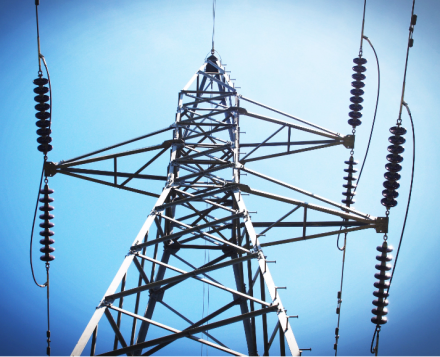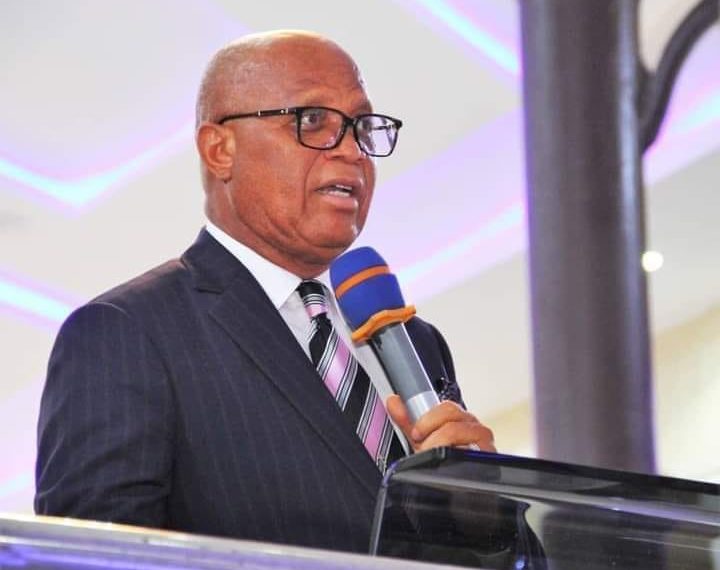14 December 2011, Sweetcrude, LAGOS – The Nigerian government says effective from January-end 2012, power equipment and machinery will attract zero duty.
This is contained in President Goodluck Jonathan’s 2012 National Budget Appropriation Bill, tabled before the National Assembly on Tuesday in Abuja.
The high cost of power equipment is one of the inputs impacting negatively on the cost of power generation in the country, and with the removal of duty, electricity consumers are expected to benefit from this through lower tariff.
He said the move is in line with his administration’s “key structural reforms,” adding: “We are implementing the privatisation of the power sector based on the power roadmap, which I unveiled last year. We believe that the power sector can benefit from liberalisation and privatisation by attracting investors in the same manner as the telecommunications sector has done.”
In this regard, the president proposed N161.42 billion including Bulk Trader, Nelmco, and Multi-Year Tariff Order (MYTO) for the 2012 appropriation estimates, the fourth largest voted for the critical sectors.
Accordingly, the President in his budget appropriations announced: “We have also commenced the implementation of the power roadmap, which aims to create a robust power sector through the privatisation of the generation and distribution of power as well as create an enabling environment for investment.
“Institutional arrangements have been made for a bulk trader company to intermediate between power producers and distributors in a market setting, thereby giving Independent Power Producers (IPPs) the confidence to invest in generation capacity.”
It would be recalled that at the launch of the Power Sector Road Map, in August last year in Lagos, the President promised Nigerians to end constant power outages by 2012, through the introduction of “revolutionary” policies meant to tackle the plethora of challenges bedevilling the sector.
“By December 2012, Nigeria will no longer experience power outage,” he had said and identified some of the challenges to effective electricity delivery in Nigeria to include “the absence of sustained policies and deliberately deploying long term power development strategy, the absence of and low implementation of reforms to fast track all issues pertaining to the power sector.”
During a meeting with journalists in Lagos, Minister of Power, Prof. Barth Nnaji, had admitted that government was off the track with the implementation of some short term targets in the road map.
“There are certain things on the power road map; one is short term delivery, and long term delivery. I am saying that short term delivery is off, what I mean is that we are off in those things that make short time delivery, in the NIPP and power plant, we’re off.”
But, he stated that the road map was not so much off the track with regard to the recovery of federal assets and the privatisation programme, which he said were on course.




